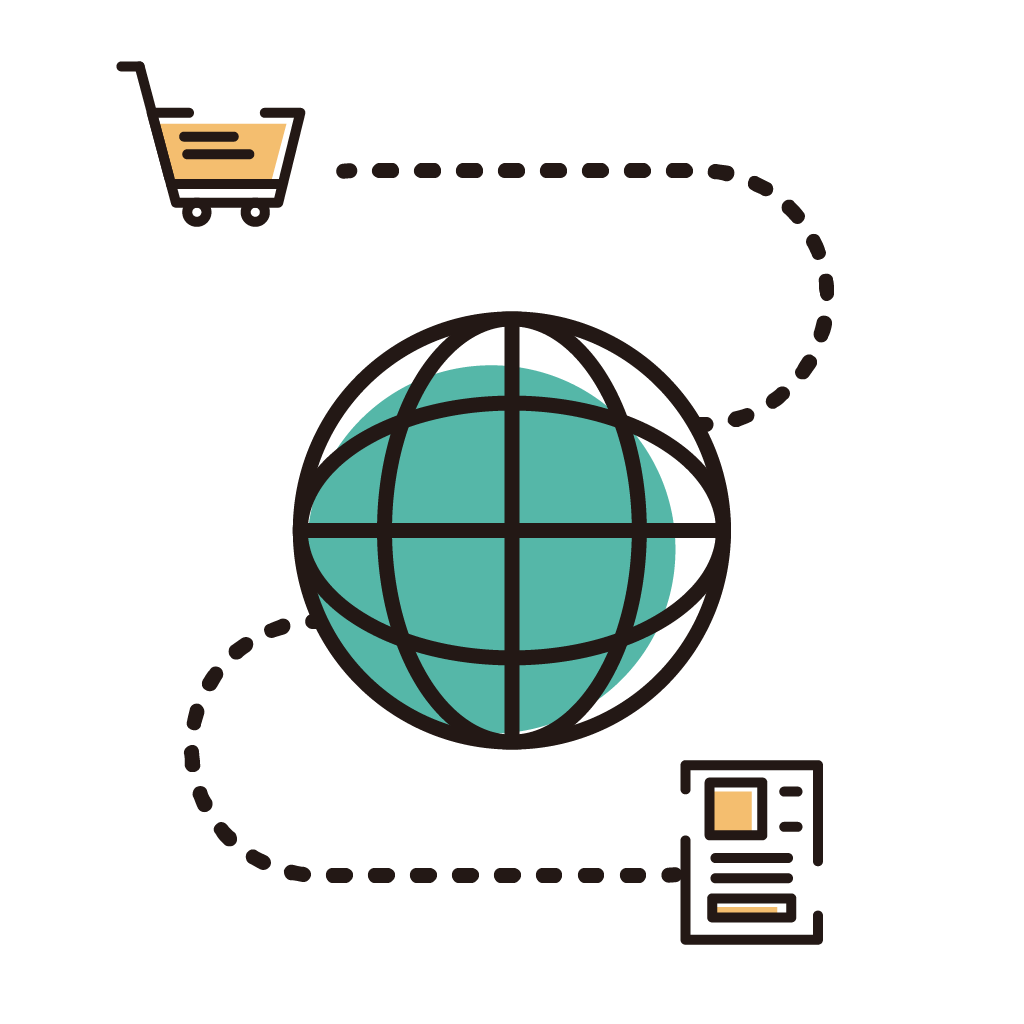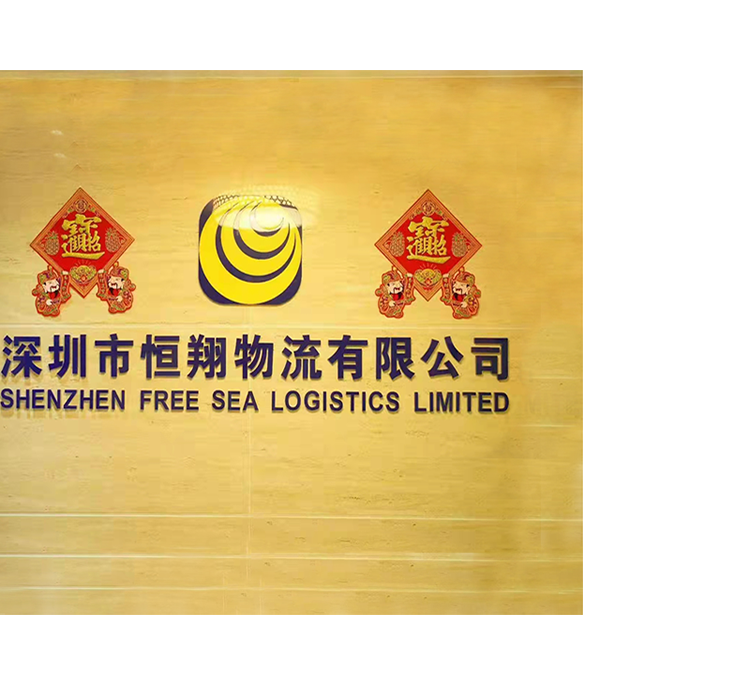China has become a global manufacturing hub, and its air freight industry has played a pivotal role in facilitating cross-border e-commerce. With its vast network of airports and efficient customs clearance processes, China offers a reliable and efficient way for businesses to transport goods to international markets. In this article, we will delve into the advantages of China air freight, factors affecting freight rates, key considerations for shippers, and the future trends shaping this industry.

Advantages of China Air Freight for Cross-border E-commerce
Speed: Air freight offers the fastest transit times compared to ocean freight, ensuring that products reach customers quickly and reducing inventory holding costs.
Reliability: With a vast network of airlines and frequent flights, air freight provides a reliable and predictable transportation option.
Global Reach: China's extensive air freight network connects to major cities worldwide, enabling businesses to reach customers in almost any country.
Suitable for High-Value Goods: Air freight is ideal for transporting high-value, time-sensitive, or perishable goods, such as electronics, fashion items, and pharmaceuticals.
Customs Clearance: China's customs authorities have streamlined processes for air freight, making customs clearance more efficient and reducing delays.
Factors Affecting China Air Freight Rates
Several factors influence the cost of air freight from China:
Destination: The distance between China and the destination country significantly impacts shipping costs.
Weight and Volume: The weight and volumetric weight of the shipment determine the freight charges.
Commodity Classification: Different types of goods have varying freight rates based on their classification and associated risks.
Seasonality: Demand for air freight can fluctuate seasonally, affecting rates.
Fuel Surcharges: Fluctuations in fuel prices directly impact air freight costs.
Airport Congestion: Congestion at airports can lead to increased handling fees and potential delays.
Key Considerations for Cross-border E-commerce Sellers
Packaging: Proper packaging is essential to protect goods during transit. Ensure that packages are sturdy and adequately labeled.
Documentation: Accurate and complete shipping documentation is required for customs clearance.
Incoterms: Understand the different Incoterms (International Commercial Terms) to determine the responsibilities of the buyer and seller.
Insurance: Consider purchasing cargo insurance to protect against losses or damages during transit.
Duty and Taxes: Be aware of import duties and taxes that may be imposed on your goods in the destination country.
Future Trends in China Air Freight
E-commerce Growth: The continued growth of e-commerce will drive demand for air freight services, especially for cross-border shipments.
Technology Advancements: Innovations in technology, such as blockchain and IoT, will improve the efficiency and transparency of the supply chain.
Focus on Sustainability: There will be a growing emphasis on sustainable practices, including the use of fuel-efficient aircraft and carbon offset programs.
Regional Hub Development: China is investing in developing regional air freight hubs to enhance connectivity and reduce transit times.
Conclusion
China air freight has become a vital component of the global supply chain, enabling businesses to reach customers worldwide quickly and efficiently. By understanding the advantages, factors affecting costs, and key considerations, cross-border e-commerce sellers can leverage China's air freight infrastructure to expand their reach and improve their bottom line. As the industry continues to evolve, it is essential for businesses to stay informed about the latest trends and best practices.























